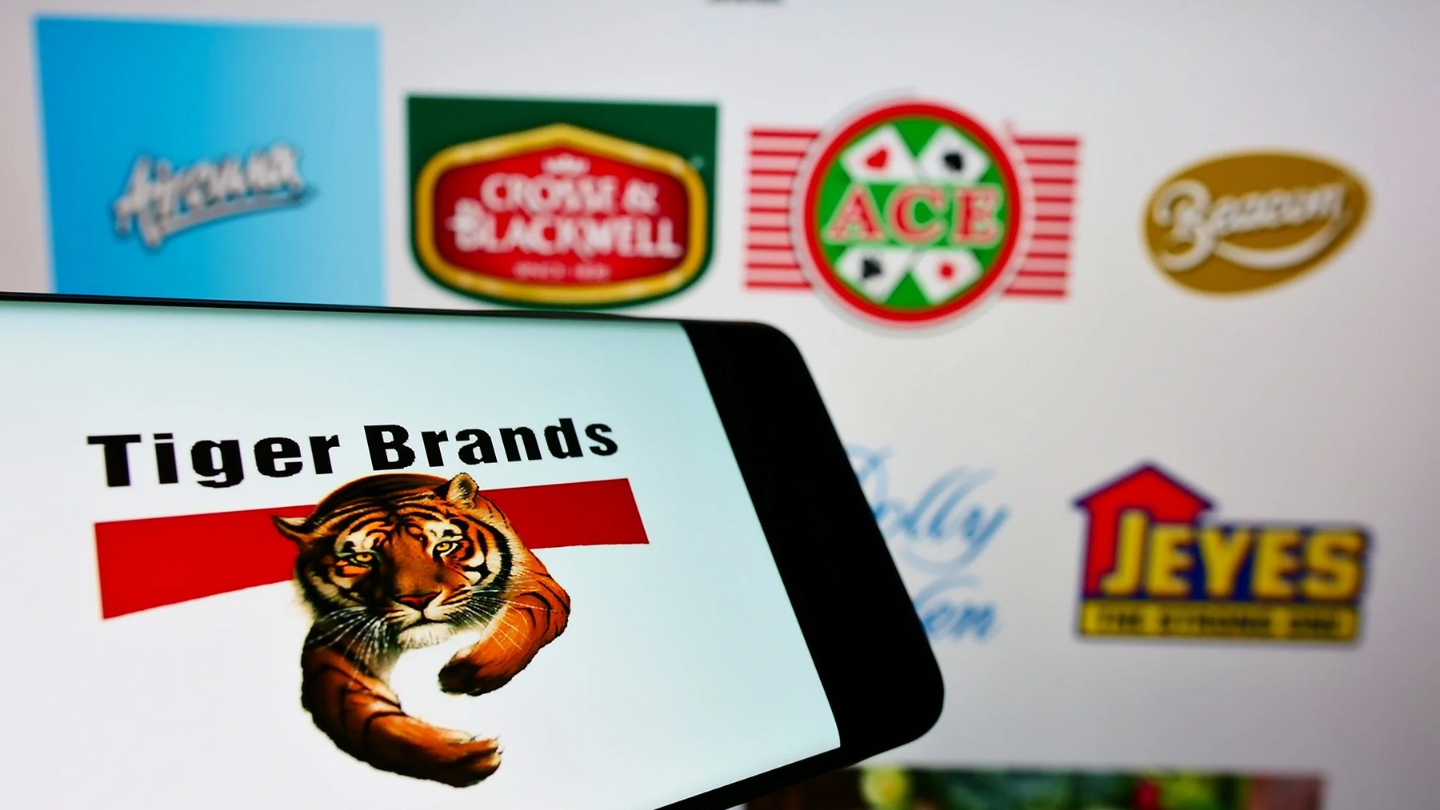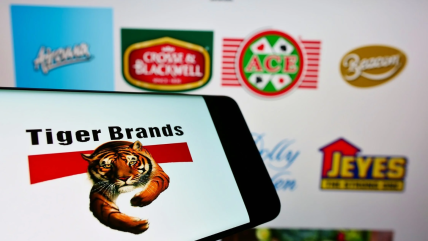

South Africa’s Tiger Brands has extended Tjaart Kruger’s tenure at the helm for an additional three years.
The publicly-listed company’s CEO was initially hired on a 26-month contract last year when Noel Doyle announced his departure from the business.
Kruger will now serve as chief executive until 31 December 2028.
Tiger Brands said: “The decision is premised on Tjaart’s positive progress to date with the group’s long-term strategic turnaround plan, including the appointment of new executive managing directors for the six operating divisions, implementation of a new operating model, as well as progress with regards to the group culture and staff engagement.”
The group added it “believes that this decision will provide leadership certainty to Tiger Brands’ multiple stakeholders and the necessary runway for the group’s succession plans.
“The board is looking forward to Tjaart’s continued dedication and expertise and we are confident that with the support of the rest of the executive team he will lead the company to greater success in building shareholder value.”
Access the most comprehensive Company Profiles
on the market, powered by GlobalData. Save hours of research. Gain competitive edge.

Company Profile – free
sample
Your download email will arrive shortly
We are confident about the
unique
quality of our Company Profiles. However, we want you to make the most
beneficial
decision for your business, so we offer a free sample that you can download by
submitting the below form
By GlobalData
Tjaart was named as Doyle’s successor after the Albany bakery and Cresta rice brand owner also issued a profit warning for its annual results last financial year.
The Beacon confectionery and Oros drinks brand owner reported a 10% increase in revenue to R37.4bn ($2bn) for the 12 months to 30 September 2023 but pointed to “low to no growth” in the new fiscal year at the time.
In the company’s most recent interim results, Tiger Brands’ revenue fell from R19.4bn to R19.2bn in the six months to 31 March 2024. The business said at the time the fall was “driven by price inflation of 8%, offset by a reduction in volumes of 9%.
“In divisions such as Bakeries, the loss in volume was a deliberate strategy to reduce the reliance on sub-optimal promotional activity and improve price realisations. Volume growth in exports was offset by declines in the domestic business.”
Meanwhile, group operating income decreased 3% to R1.3bn. However, profit for the period was up from R1.2bn to R1.4bn.
Tiger Brands wrote at the time: “The operating landscape is likely to remain challenging. Preliminary macroeconomic indicators suggest heightened strain among South African consumers. While there has been a nominal uptick in employment, wage growth has notably decelerated, particularly amid a surge in inflation, disproportionately impacting low-income consumers.
“Forecasts indicate restrained wage growth, with any potential relief from interest rate adjustments to be marginal and gradual. Given the high levels of consumer indebtedness and limited prospects for substantial labour market improvements within a subdued economic backdrop, it is anticipated consumers will continue to face significant hurdles.”

